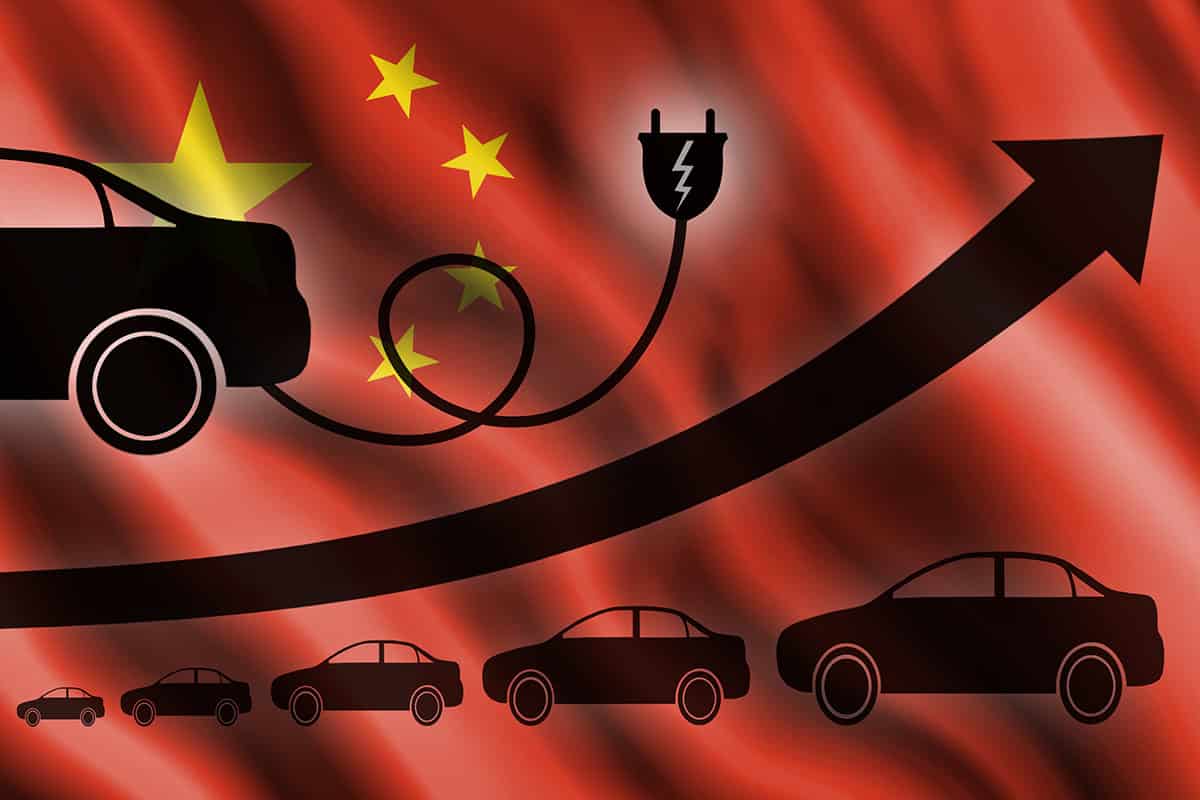Automaker Stellantis and Chinese electric automaker Leapmotor agreed on a joint venture to sell electric vehicles outside of China, according to the two companies on Tuesday.
Beginning in September, Netherlands-based Stellantis will sell the Chinese-built Leapmotor vehicles throughout Europe, with Leapmotors’s lineup complementing its selection of cars. The companies plan to expand sales to the Middle East, Africa, India, and other regions in late 2024, but not in the United States, the companies said.
Stellantis CEO Carlos Tavares said Tuesday following a press conference that Chinese carmakers are expected to grow rapidly, so he wants to take advantage while he can.
“Whether I like it or not, with me or without me, Leapmotor would have been in Europe anyway,” Tavares said. “What I am doing is just trying to be opportunistic against a dynamic that has been created by the Chinese carmakers.”
But Renault CEO Luca De Meo sees China electric vehicles as a threat. In a 19-page letter to European leaders sent in March, De Meo emphasized the Chinese brands’ “rapid inroads into the EV segment.” They already claimed a 4% market share in Europe in 2022, and imports from China have increased fivefold since 2017.
Cheaper vehicles such as MG and BYD, followed by Tesla’s Model Y, produced in Shanghai, are becoming popular in Renault’s backyard. Not only is China cheaper, but the country controls 75% of battery production capacity and 50% of the mines extracting rare metals.
To counter these advantages, De Meo is pushing for an Airbus-style alliance of European automakers: a “European purchasing platform for critical materials” that would give them the heft to demand better prices. They could also develop common standards and even “share 70% of the technical content of cars, the part that consumers do not see,” De Meo argued in his plea for a “transnational approach.”
Bolstering his case is the sheer size of the European auto industry, which employs 13 million people and is responsible for a foreign trade surplus of €102 billion. Still, the CEOs of Volkswagen and Mercedes Benz have not voiced their support. Rather, they are focused on protecting their own strong businesses in China.




